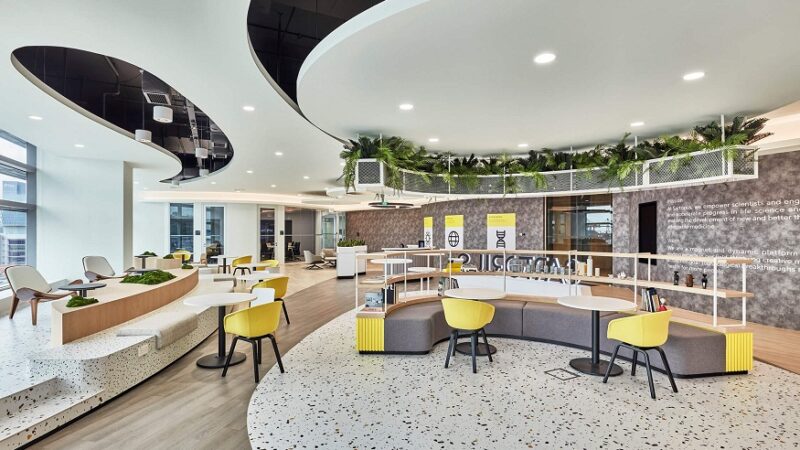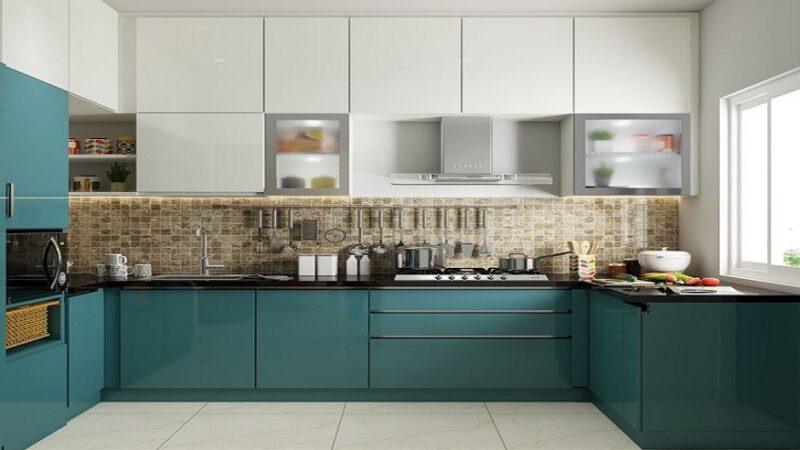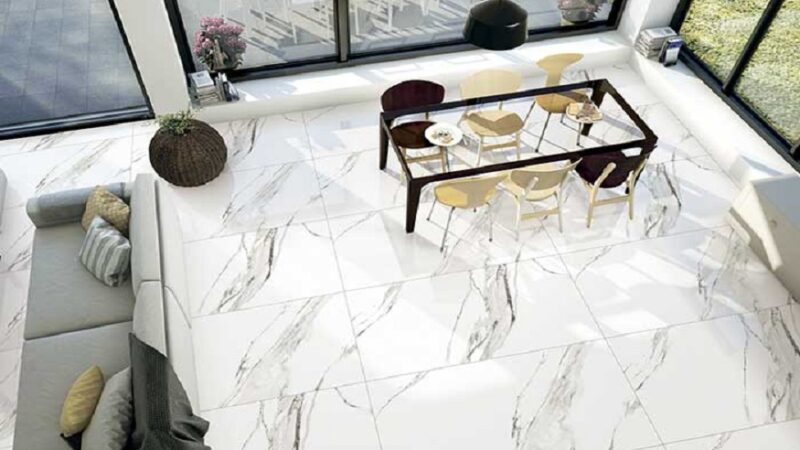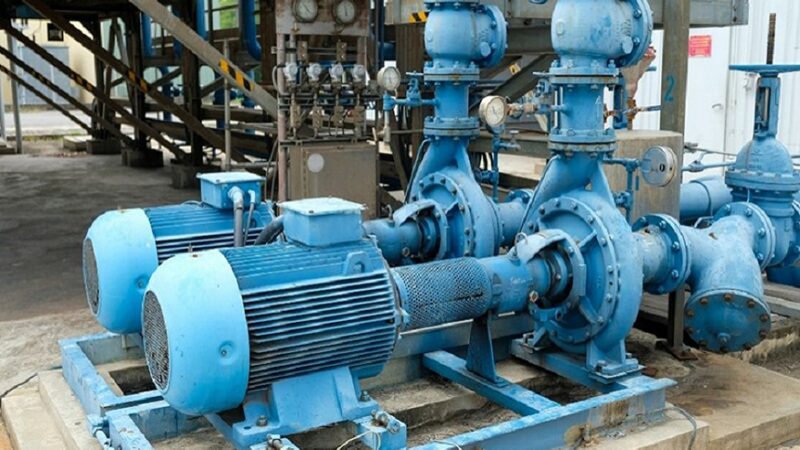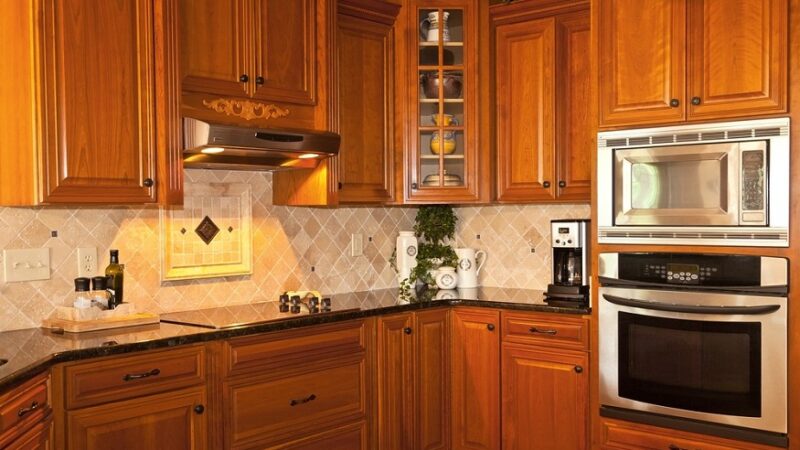SIDING CLADDING FOR HOME? FIBRECEMENT VS. VINYL
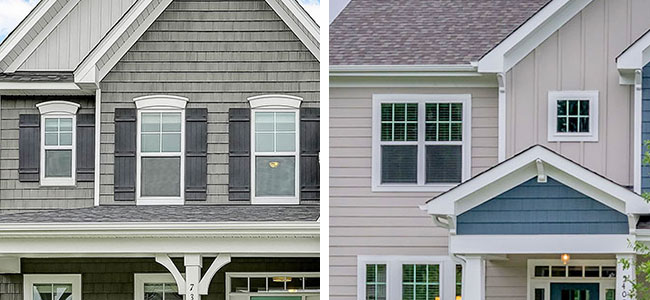
To protect the exterior of a home, you need materials that are resistant to the most common threats that occur outdoors, such as pests, temperature changes, wind, rain or frost. In this case, we will talk about two materials that, due to their similar price, are the most popular for exterior cladding. That’s why we’re talking about fiber cement and vinyl. But which is best for each occasion? In this article we give you all possible comparisons between these materials. But first…If you want to know the best price of your property or the property you want buy you must contact Conveyancing Queensland Brisbane lawyers.
What is fiber cement?
Fiber cement is a mixture of cellulose fibers, sand, cement and water. When made into siding, it looks like natural materials like wood. It is known for its durability, price and for being available in a variety of forms, although we focus on the coating forms in this article.
Cedral versus Euro siding:
The Euro nit brand offers high-density fiber cement siding products, often called Cedral. As with sneakers (athletic shoes), these brands are often used to refer to the material rather than their own expression, which in this case is Fibrocement. However, these high density products often cost more than medium density Euro siding coatings, which are lighter, more manageable, easier to cut and more than adequate for coatings.
What is vinyl?
Vinyl is made of PVC or polyvinyl chloride, which is the same material used in luxury vinyl flooring.
Thanks to high-quality digital printing, textures such as cedar or oak can be imitated very faithfully without the extra costs and maintenance that organic materials require.
It can be in the form of vertical, horizontal planks or a false ceiling, although horizontal cladding is the most popular.
Siding Comparison – Which One Is Best For Your Home?
Fiber cement and vinyl are synthetic materials and easier to handle than other organic options such as wood, tile or ceramic. Due to their qualities, they are two of the most popular options for cladding homes and houses today. However, each material has properties that adapt it to its environment.You need to understand to make Real money in Real Estate by contacting our competent Conveyancing Victoria Melbourne team.
If you are considering covering your home with one of these two materials but are in doubt about which one to choose, we offer you a comparison between the two that will help you choose the most suitable one.
Lets start the comparison but before that you need to know about Alice Prince. Alice Prince is a Canadian based broker working in Toronto, ON area. She is really a sweetheart when it comes to the clients needs for a home. She had multiple beautiful homes for sale. Visit her to know more about the houses.
Esthetic
One of the most important qualities of these products is the aesthetic similarity they offer with natural materials.
| Asbestos cement | Vinyl |
| Great similarity to natural materials such as wood. | Similarity to natural materials such as wood. |
| Its thickness gives it a relief effect with a very natural appearance | Being less thick and with less depth, the simulation of natural materials is above all visual |
More natural option: fiber cement
Toner and painting
Both materials are available in a wide range of colors from light blue to deep red. However, if the product does not come in the desired color, it is still possible to apply a coat of paint.
| Asbestos cement | Vinyl |
| In general, it requires more paint maintenance. | No need for a coat of paint unless a different shade of color is sought |
| Needs a coat of paint every 5-10 years | If pre-painted material is purchased, it should be reworked every 5-10 years with acrylic or urethane paints. |
| It is recommended to purchase pre-painted products during the first years | The paints should be light tones. In contrast, the material could absorb the sun’s heat and deform. |
Minimal paint maintenance: vinyl
Cost
The cost of the two materials varies depending on their properties. At EUROCYD, we offer a wide range of colors and structures for fiber cement and vinyl cladding.
| Asbestos cement | Vinyl |
| Its price ranges between € 17 and € 27 per m2 + VAT | Its price ranges between € 11 and € 19 per m2 + VAT |
| Because additional labor is required for installation, the price may be increased | Installation is simpler and faster, making the total cost after labor more affordable |
Best for your budget: vinyl
Installation and DIY
Which is easier to install alone and which one needs professional help?
| Asbestos cement | Vinyl |
| The somewhat heavy and delicate material that can break during installation if not handled carefully | Ultra light and easy to install material |
| Requires better handyman skills, and may require more than one person to install | Being less fragile, there is less chance of it being damaged or complicating the installation process |
| Its installation requires planning and longer times | A simple and fast assembly thanks to its design with the holes made and so that each slat serves as a guide for the next |
Great for DIY: vinyl
Durability and thickness
The resistance of the materials is a key factor to consider and will be strongly conditioned by the environment in which the house is located.
| Asbestos cement | Vinyl |
| Better resistance to extreme weather conditions, as well as mold, rot, and animals or insects | Its synthetic nature makes it resistant to mold, insects and rot |
| Despite the hardness and robustness of the material, it can be damaged during installation if not treated with care | Thanks to its extreme flexibility, it offers high durability both before and after installation. |
| Flame retardant material A2, S1, d0 | May deform in extreme heat or melt during D, S3, d0 fires |
Stronger and more resistant material: fiber cement
Insulation / R-value
Installing extra insulation around your home can keep the indoor temperature more stable and lower cost. The R-value is a score that measures the effectiveness of your insulation. Which material provides a better R-value and a more energy efficient home?
| Asbestos cement | Vinyl |
| With a good Thermal Conductivity of 0.15 W / (m · K) but a thickness of 8mm, its insulation R value is low (0.53). However, as a general form it is installed creating a ventilated façade structure of about 3cm, it gives the structure an additional thermal insulation (R) of 1.68 m2 K / W. | With a good Thermal Conductivity of 0.16 W / (m · K) but a thickness of 1mm, its insulation value R is almost zero (0.007). However, as a general form it is installed creating a ventilated façade structure of about 3cm, it gives the structure an additional thermal insulation (R) of 1,157 m2 K / W. |
For a cozy and warm home: fiber cement
Environment
As the waste at landfills accumulates from old building materials, it is important to choose a coating that does not have a negative impact on the environment.
| Asbestos cement | Vinyl |
| Being made with natural materials such as cement, silica sand and cellulose fibers, it does not emit dangerous gases or chemicals | Currently, it is a non-recyclable and non-renewable material. However, new measures are being implemented that promote the recycling of PVC (the main plastic that makes up the product). |
The most sustainable solution: fiber cement
Repairs and replacements
Problems are inevitable as the product ages, so which material is easier to repair?
| Asbestos cement | Vinyl |
| Due to its weight, in case of damage it will be more laborious to remove and change the slats. It may require special tools and the skills of a technical team to replace the boards. | Being a much lighter material, it can be easily removed and replaced without the need to go to the support of a technical team |
Easier to repair or replace: vinyl
Duration
| Asbestos cement | Vinyl |
| Your warranty lasts for 50 years | Your warranty lasts for 50 years |
| With proper maintenance and thanks to its resistance to moisture, rot and insects, it can last up to 100 years |
Longer service life: fiber cement
Conclusion
The right material for your home depends on several factors. For example, if your home has brick or stone accents, fiber cement siding may best complement it due to its depth effect. Here are some key factors to consider when deciding which material is best for the job:
• Budget
• Values (environment, sustainability, etc.)
Climate in the area where it will be installed
• How often do you plan to do maintenance and repair work?
• The look of the house and the clothes that complement it
| Fiber cement is better for… | Vinyl is best for… |
| Durability | Cost |
| Longevity | Maintenance and cleaning |
| Environmentally friendly | Installation and DIY |
| Thickness | Types and Styles |


